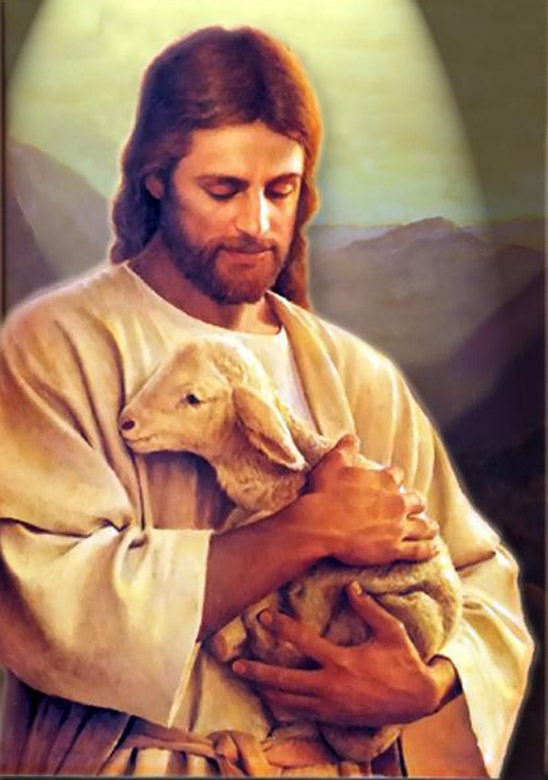 In A Separate Peace by John Knowles, Finny and Gene are two best friends that go through a few ups and downs. Their relationship appears to include trust issues. The friendship fluctuates dramatically; from admirable to a complete fiasco. Finny believes Gene is duplicitous, because he thrust Finny out of a tree. Finny assumed Gene was his best friend, and he considered that Gene would do anything for him. For instance, if Finny couldn't play sports with his broken leg, Gene "would have to play them for [him]"(85). Gene feels extensively contrite for doing what he did. That special bond and trust Finny had for Gene slowly drifts away, and he may never forgive Gene again.
In A Separate Peace by John Knowles, Finny and Gene are two best friends that go through a few ups and downs. Their relationship appears to include trust issues. The friendship fluctuates dramatically; from admirable to a complete fiasco. Finny believes Gene is duplicitous, because he thrust Finny out of a tree. Finny assumed Gene was his best friend, and he considered that Gene would do anything for him. For instance, if Finny couldn't play sports with his broken leg, Gene "would have to play them for [him]"(85). Gene feels extensively contrite for doing what he did. That special bond and trust Finny had for Gene slowly drifts away, and he may never forgive Gene again.Above: Gene and Finny
Few individuals remain or go into a stage where they find it burdensome to trust others. That shouldn't be acceptable, because it's important that they're able to trust their friends. However, it is perfectly fine not to trust a certain person if they did something abhorrent to you. This is what happened to Finny, and I wouldn't be surprised if Finny never trusted Gene again.
Suspicion" by Terry Stafford displays the difficulties of trusting the one you love. In the song, there is a part that says,"Maybe I'm suspicious 'cause true love is so hard to find." As we know already know, Finny has a difficult time trusting Gene. This is only because he discovered what Gene did to him. As true love is hard to find, so is finding a best friend you can trust.
Gene is one character that gradually develops throughout A Separate Peace. To be more specific, he becomes like his best friend, Phineas. He could possibly be doing this because he is pressured into being like Phineas. After Finny's injury, Finny couldn't do much; including sports.Therefore, Finny wanted Gene to emulate Finny and be just like him. Finny told Gene that if Finny couldn't play sports, Gene would have to play them for him. Another reason to why Gene wants to duplicate Finny, is because he sees Finny as a role model and a best friend. This was Gene's "purpose from the first: to become part of Phineas (85)." He might even be jealous of Finny. Finny is so skilled when it comes to sports, while Gene is just a nerd who gets straight As. As soon as Finny finds out that Gene was enlisting in the military, he becomes utterly shocked. Gene decides not to enlist because of Finny's reaction. Finny somehow always persuades Gene into doing something, without even putting that much effort into it. This is most likely because Gene still thinks of Finny as a best friend.
 An article I found focuses on the subject of peer pressure. An eighth grader named Amy explains how adolescents, drugs, and peer pressure is a common theme in teenagers lives. "A 2007 government survey found that 15 percent of high school seniors reported taking prescription drugs for non medical use; 22 percent of seniors had smoked cigarettes in the past month; and 44 percent of seniors had consumed alcohol in the previous month." The answer to why this is occurring is simple; peer pressure and curiosity. Teenagers should always balk and never give in to peer pressure. Just because they should, does it mean they physically do? Of course not. Some teens are too caught up on "being like the rest," rather than keeping their health and condition in mind. This article also includes what a parent can do to help their children. The article's also similar to what Finny is doing to Gene, because he pressures Gene into being like him.
An article I found focuses on the subject of peer pressure. An eighth grader named Amy explains how adolescents, drugs, and peer pressure is a common theme in teenagers lives. "A 2007 government survey found that 15 percent of high school seniors reported taking prescription drugs for non medical use; 22 percent of seniors had smoked cigarettes in the past month; and 44 percent of seniors had consumed alcohol in the previous month." The answer to why this is occurring is simple; peer pressure and curiosity. Teenagers should always balk and never give in to peer pressure. Just because they should, does it mean they physically do? Of course not. Some teens are too caught up on "being like the rest," rather than keeping their health and condition in mind. This article also includes what a parent can do to help their children. The article's also similar to what Finny is doing to Gene, because he pressures Gene into being like him.















 Race Relations
Race Relations